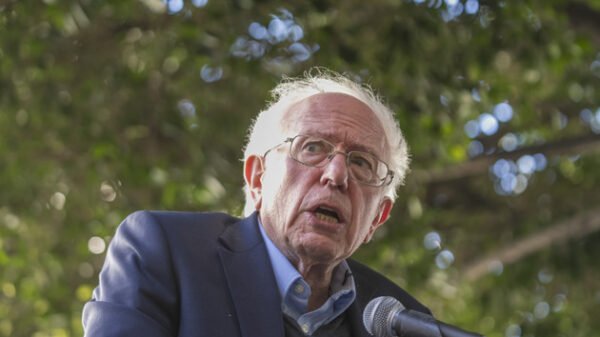Uber and Yandex have agreed to a merger of their ride-sharing businesses in Russia and five eastern European markets with Yandex. This is the second withdrawal on Uber’s global presence since their exit from China a year ago. Yandex, which is essentially the “Google of Russia,” will be the leading partner in this newly established company.
Yandex and Uber both stated that they will join together in Russia, Armenia, Azerbaijan, Belarus, Georgia, and Kazakhstan through a new company operating in 123 cities. Uber will invest $225 million into the company, owning 36.6 percent of the company. Yandex on the other hand will be investing $100 million into the new company, but owning 59.3 percent of the company. The remaining 4.1 percent will be held by employees according to a fully diluted basis.
Uber will also be contributing its UberEATS food delivery business into the merger venture, which will act under the joint company in the 6 previously mentioned countries. Despite Uber’s influence as a global ride-sharing company, Yandex holds a more dominant position in the specified regions, providing services including Web search, maps and mobile navigation in the region.
Uber’s position has significantly weakened as more competition has developed as well as the scandals resulting in Uber CEO Travis Kalanick resigning from his position. Instead of trying to adapt and dominate each market around the world, Uber is better off allying itself with local players that dominate their fields to compensate for the over encompassing regulations that Uber was originally responsible for upholding. This does not absolve Uber of ensuring their drivers and riders are protected and fairly treated, but instead of controlling the specific regulations, Uber will be in charge of supervising that the proper regulations are being managed by its partner companies.
While some may view the ratio between what Uber is investing and the percentage of ownership of the new company they are receiving is unfair, but it is in fact beneficial for Uber in the long run. The partner company is responsible for everything beside operations, and all Uber has to focus on in these new developments are the operations themselves. Uber in fact saves on logistics costs, and grant themselves a powerful platform to spread its services throughout regions that are otherwise impenetrable by foreign businesses. While Uber’s position within the new company is up to the discretion of Yandex, 36.6 percent is not an insignificant portion that does provide Uber with some leeway.
In this relationship, Yandex will be controlling the direction of the proverbial ship that is the new company, and it is up to Yandex that the environment either maintains a status quo or proves beneficial for the new company, so that it can continue its operations. UberEATS is a helpful tool in ensuring that even when the drivers are not working with riders, they are still maintaining a revenue stream through food delivery.
It will be interesting to see if more countries follow suit in establishing a merger with Uber. Local companies can use Uber as proof of a powerful global business partner, further establishing and improving the local company’s reputation. As long as rates are competitive, the ride-sharing and food delivery components that Uber provides can act as free publicity and a fairly dependable revenue stream.
One thing to keep in mind are the recent news involving Uber, and whether establishing a partner relationship will in fact diminish the partner company’s reputation, as one interpretation is that through partnership the company in fact condones the behavior exhibited by Uber drivers and the reaction to criticism.
Considering the increase in ride-sharing companies even within the U.S., maybe Uber will consider new mergers with local companies, should mergers become an established business practice that’s proves profitable for Uber.
































































Comment Template